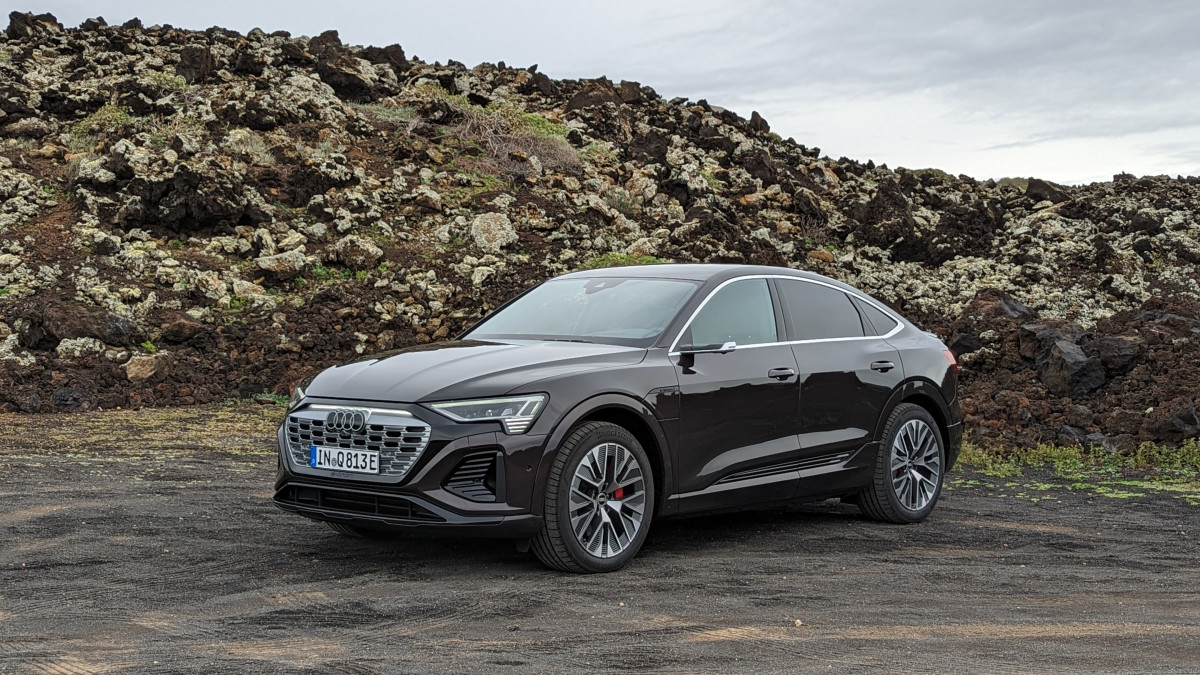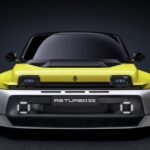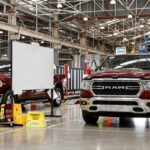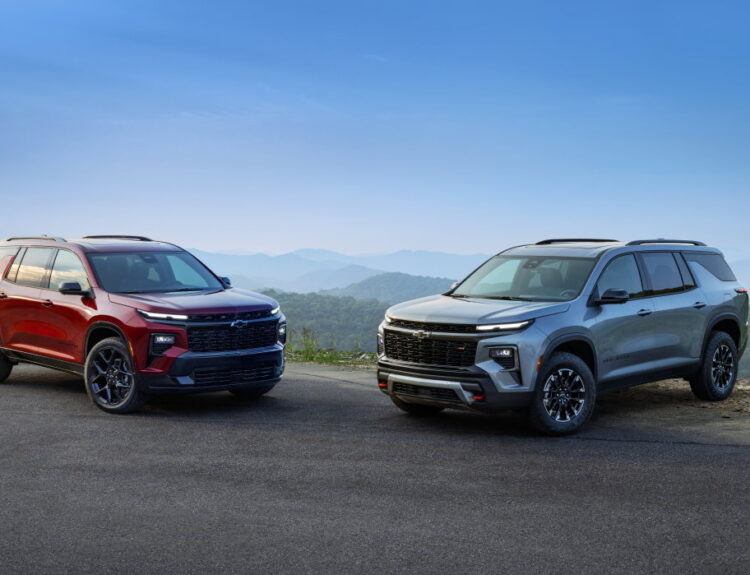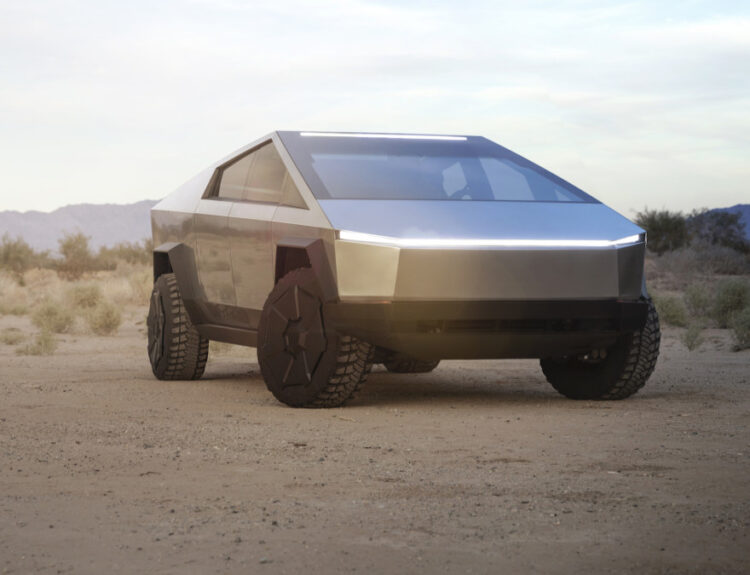The Volkswagen Group is experiencing significant financial turbulence, and its impact is reverberating through its luxury division, Audi. Following a fraught negotiation with striking workers over potential closures at three of its production sites in Germany, Audi has announced the impending shutdown of its facility in Brussels, Belgium.
This closure signals the end of production for both the Audi Q8 e-tron and its Sportback variant. Originally launched as the e-tron in 2019, the model was rebranded to Q8 e-tron in 2024, representing Audi’s venture into the mass-market electric vehicle sector. Despite a refresh introduced in the 2022 model year, these updates now face an abbreviated lifespan, with the Brussels plant slated for closure by February 28, 2025. This timeline means that both the Q8 e-tron and Q8 e-tron Sportback will soon cease production.
The Brussels factory, which opened in 1949, employs approximately 3,000 workers and has an annual production capacity of 120,000 vehicles. However, the sale numbers tell a different story: in 2023, only 49,001 units of the Q8 e-tron were sold, highlighting a stark deviation from the plant’s potential output.
Gerd Walker, a member of Audi’s board and head of production, expressed the emotional weight of the decision, describing it to Reuters as “painful” and the most difficult choice of his professional life. Initially, Audi had aimed for a fully electric lineup by 2033; however, CEO Gernot Döllner has since indicated that the company is adopting a more flexible approach to its electrification strategy. This pivot is echoed by Bentley, another VW subsidiary, which has postponed its EV timeline, now aiming for 2035. Audi’s core brand had also shifted its electrification goals, leaving the current-generation Golf slated for production until at least 2035.
Despite the impending factory closure, prospective buyers can still acquire an Audi Q8 e-tron in limited availability. Production rolls on until the final operational date, and the 2024 model features subtle technological and design upgrades. The electric SUV is equipped with a 106 kWh battery, yielding an estimated range of 285 miles, while the Sportback variant enhances this range to 300 miles due to its aerodynamic design. With a dual-electric motor setup, it delivers an impressive 402 horsepower and 490 lb-ft of torque.
While the Q8 e-tron stands as a viable choice in the competitive luxury electric SUV market, rivals like the Tesla Model X offer superior range — up to 335 miles per charge — and the Rivian R1S provides up to 410 miles with an upgraded battery.
The repercussions of closing a production facility extend beyond mere economics, marking the loss of thousands of jobs. The challenges faced by the Volkswagen Group are largely rooted in declining sales, particularly within the Chinese market, where local manufacturers are swiftly gaining traction. Amidst these struggles, Audi’s woes are representative of a broader trend of financial distress across the automotive sector. Fortunately, Volkswagen has successfully negotiated a deal that will keep all ten of its German plants operational until 2030, safeguarding jobs in the short term.
In the final analysis, while the Audi Q8 e-tron remains a commendable electric SUV, its sales figures reveal the struggles facing the company. Last year’s total of just over 49,000 sales is a fraction of the Brussels plant’s capacity, underlining the rationale behind the closure. As Audi recalibrates its EV strategy, the future of electric models from the brand remains uncertain.
Source:www.autoblog.com

